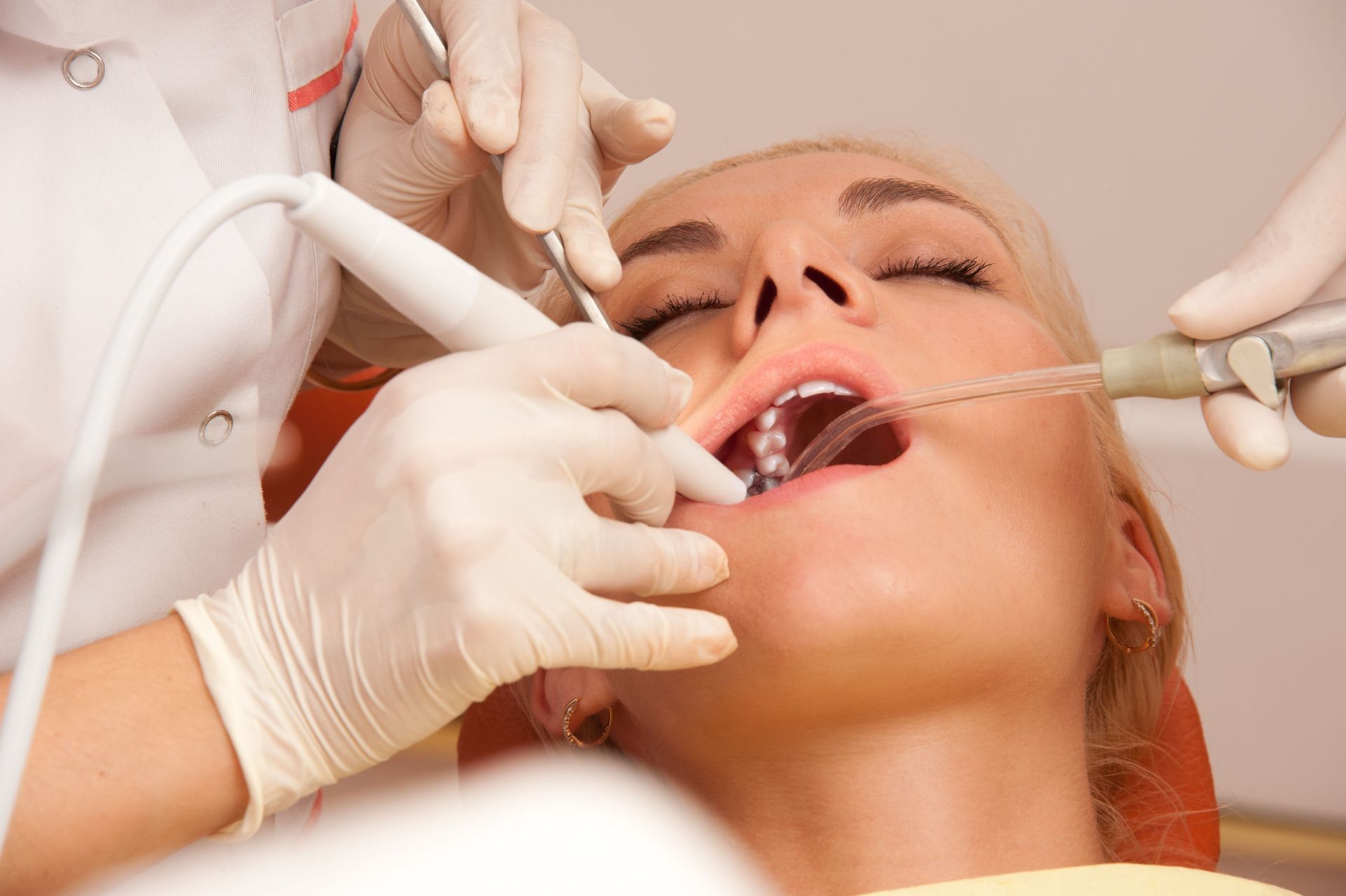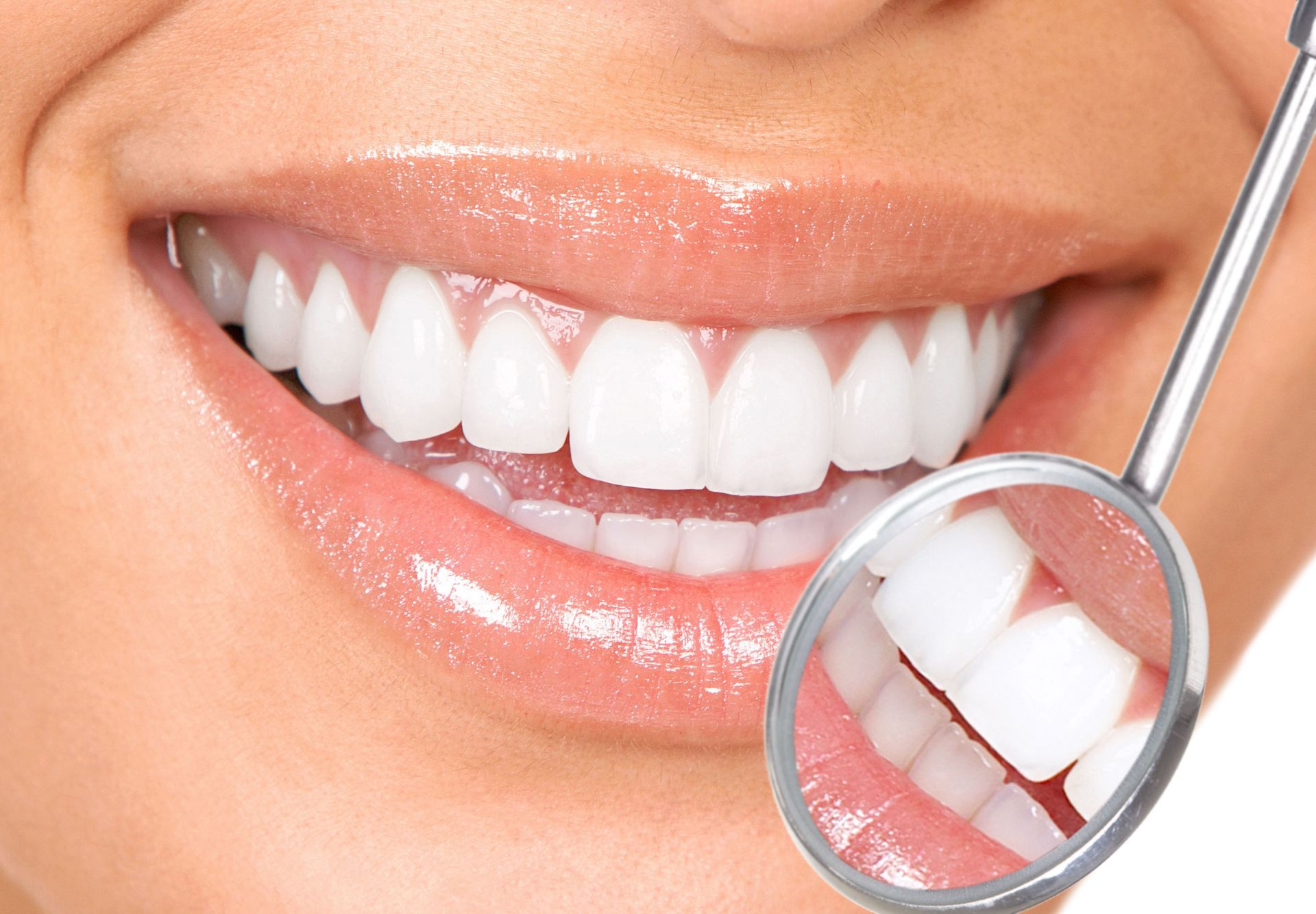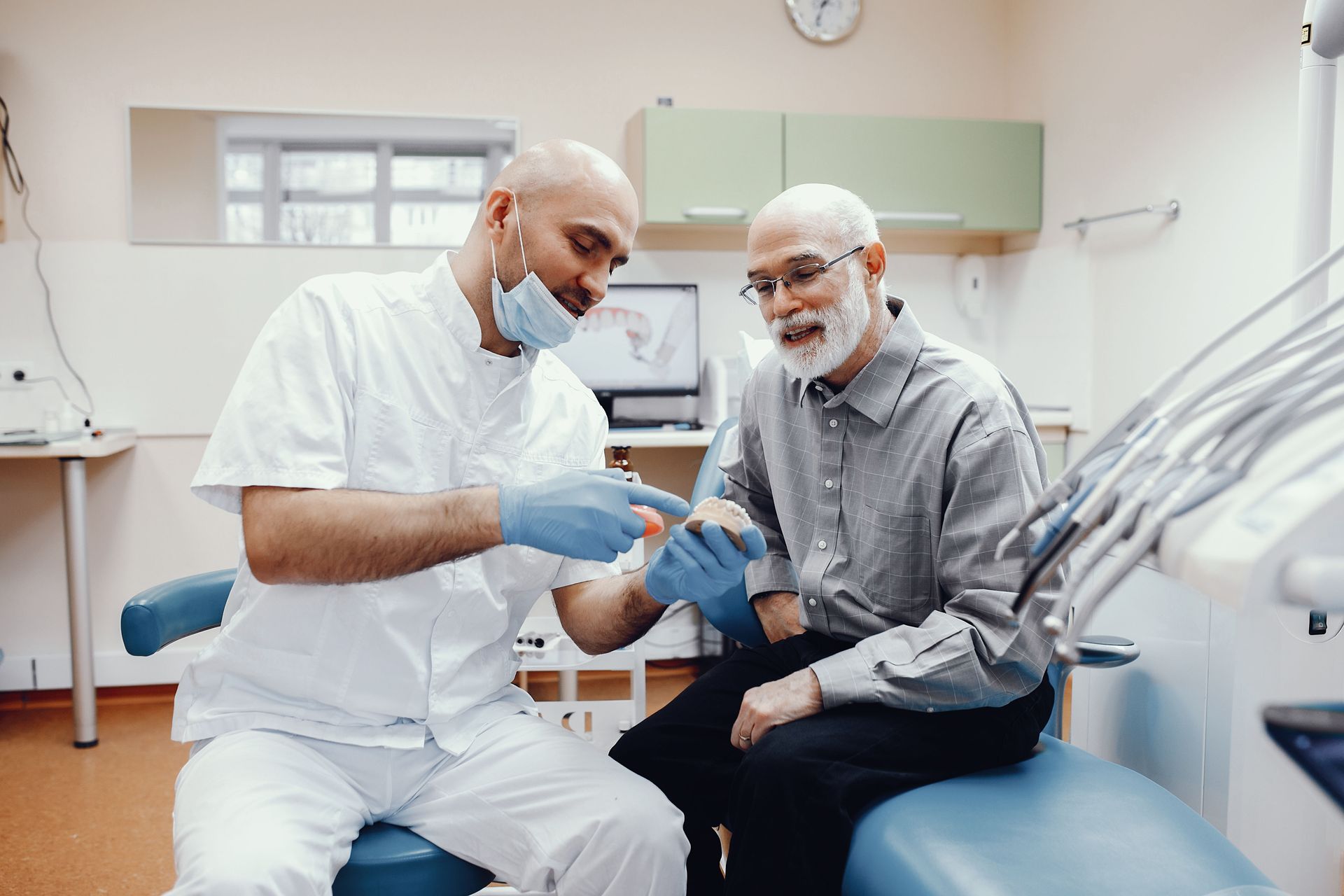Whether it's a root canal or a simple tooth extraction, preparing for a dental procedure will put your mind at ease. After all, you're not alone. According to The World Health Organization, about 3.5 billion people worldwide are affected by oral diseases. For some of these cases, dentists prescribe
oral surgery. Before you get comfortable in the dentist's chair, here are five things you didn't know about oral surgery.
1. You May Have to Fast Before Your Surgery
Ask your dentist or oral surgeon about the limitations on what you can eat and drink the day before the procedure. Oral surgery (among many other procedures) may carry the risk of pulmonary aspiration, which happens when beverages, foods, or saliva get inhaled into the airways. To prevent this, your oral surgeon will likely instruct you to fast for at least 12 hours before the surgery.
2. You May Not Be Able to Eat Normally After Your Surgery
You should prepare for the discomfort you'll experience roughly 48 hours after the surgery. Do this by stocking up on easy-to-eat items in your refrigerator and pantry. Smoothies, scrambled eggs, gazpacho (cold soup), or frozen yogurt are great examples of foods that require little to no chewing. Avoid spicy foods since they can worsen tooth and gum discomfort.
3. You Can Lower Your Risk of Infection
There is a risk of infection with almost every surgical treatment, but you can ask your dentist for tips on how to mitigate infection. You could be given antibiotics before treatment for certain pre-existing conditions to prevent complications. If you have diabetes, a cardiovascular disease, are pregnant, or are under any medication that can affect the outcome of the operation, let the dentist know.
4. You May Need Sedation
Both nitrous oxide and intravenous (IV) anesthetic can be used for sedation during oral surgery. Make arrangements for transportation to and from your oral surgery treatment beforehand. This is because your judgment and reaction time may be impaired by anesthesia, making it risky for you to drive afterward.
5. You Should Dress Appropriately
Patients going for surgery often forget to think about their choice of clothing. While you should be comfortable, wearing a shirt that exposes your arms will make it easier for a nurse to check your vital signs or administer your IV. Avoid light colors and shirts you care about since taking off gauze can get messy.
You should ask your oral surgeon any questions regarding your surgery, recovery, or the dangers and advantages of the procedure. We want you to feel informed and confident when getting surgery done. Get in touch with us at Nurture Dental Health today to schedule a consultation!





